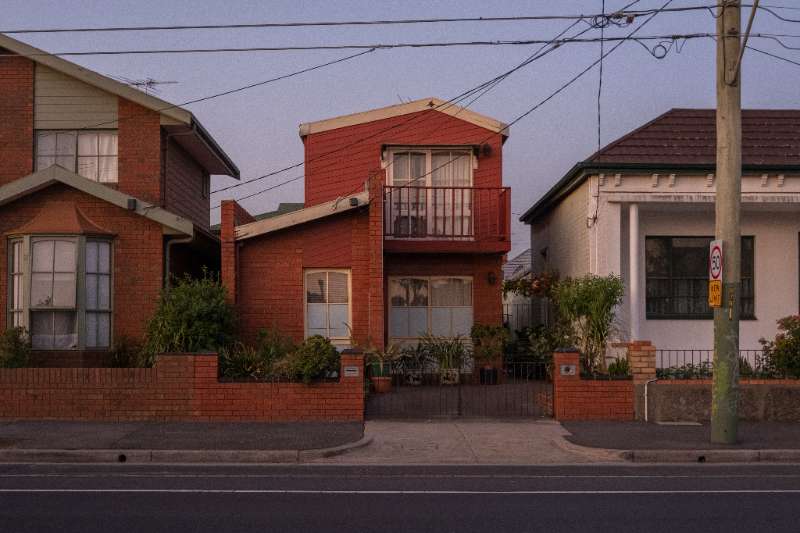Now, around one in every six Australians with a house loan has a fixed-rate loan.
This implies their loan's interest rate will remain the same for a certain length of time. During this time, they will continue to make their monthly payments. Unless they agree to lock in an interest rate for another specified term after the conclusion of the fixed-rate period, the rate reverts typically to a variable rate. On the other hand, a variable-rate house loan allows the interest rate to fluctuate during the life of the loan.Isn't it relatively straightforward? In a way, yes.
If interest rates go down while you're on a fixed-rate loan, yours will stay the same. If they increase, you may be required to pay your lender's break expenses. Fixed-rate loans often have fewer features and do not provide offset accounts.
Instead of a variable interest rate, you might have saved 0.1% by taking up a three-year fixed rate house loan. The average interest rate on principal and interest loans in Australia has decreased from 4.23% to 3.37% since 2008. That's a 0.86% difference.
So, should you get a fixed-rate or a variable-rate mortgage? That is the query.
We're not going to tell you what to do. It's up to you to make that decision. However, we will notify you that having all of the facts is critical. That way, you can think about the most important things to you and make an informed decision.Simply put, here are some advantages of a fixed-rate loan:
The main advantage is that you will have assurance. You know your interest rate isn't going to go higher for a certain amount of time. There are no surprises because you know how much you have to pay. It's also simpler to budget and plan for the unforeseen events that occur in life.
Some cons might follow:
The disadvantage of a fixed-rate loan is that you will lose out if interest rates fall. You'll be forced to pay a higher interest rate. You may only be able to make a limited number of extra payments without incurring fees; your capacity to redraw may be restricted. You may have less bargaining leverage with your lender (which can be a big problem if you want to switch). You will have to pay break costs if you wish to leave or change.Another option you can take:
Some people like placing a wager on both sides of a split loan. They fix a portion of their debt and leave the remainder variable — for example, 50% fixed and 50% variable. This can be an excellent alternative, but it frequently means you won't be able to move banks as readily (or as cheaply). You won't be able to renegotiate your variable rate loan, so keep that in mind.Hopefully, this has made it easier for you to choose the right home loan. In Salt Finance, our goal is to assist Australians in paying off their mortgages more quickly. Give us a visit, and we will happily help you with your financial problem!



































